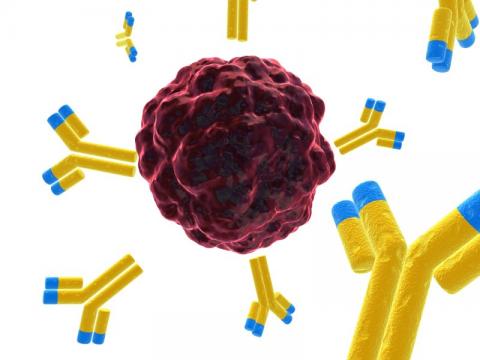Cancer collaboration in action

Experts from across Northern Ireland will gather today [Wednesday 20 February] to examine how best to tackle cancer.
A conference being held today will bring together delegates to review recent developments within cancer services, including key areas of work in cancer prevention, early detection, diagnosis and follow-up, with the aim of determining where next we need to address our energies in Northern Ireland.
The ‘Cancer collaboration in action’ conference is being hosted by the Public Health Agency (PHA), the Health and Social Care Board (HSCB) and the Northern Ireland Cancer Network (NICaN) at Mossley Mill and will have key speakers from across the health and social care sector and various cancer charities.
Dr Miriam McCarthy, Consultant in Public Health Medicine at the PHA said: “While cancer survival rates have increased significantly over the past 10-15 years, we cannot be complacent. There are around 9,000 new cases of cancer diagnosed each year in Northern Ireland and with more people than ever living with cancer as a chronic illness, more needs to be done. International benchmarking projects show that the Northern Ireland survival rates for colorectal, lung and ovarian cancer lag behind the best performing countries. In addition, people who live in the 20% most deprived areas of Northern Ireland have cancer rates that are two to three times higher than those who live in the 20% most affluent areas.
“The purpose of the conference is to bring together those working in prevention and early detection, those responsible for the provision of clinical services and follow up support, and those working on cancer survivorship issues, to reflect on key developments within the field, and on whether the kind of collaboration that is so obviously required in effectively addressing the needs of those affected by cancer is operative here in Northern Ireland.
“Furthermore, today’s event will provide an opportunity for those involved in cancer services and support to take stock, consider the recommendations and contribute to identifying priorities for the way ahead to positively shape the future of cancer prevention and survival rates in Northern Ireland.”
